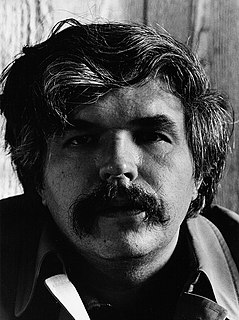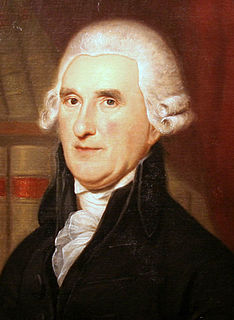A Quote by Seneca the Younger
I do not distinguish by the eye, but by the mind, which is the proper judge of the man.
Related Quotes
It is justly considered as the greatest excellency of art to imitate nature; but it is necessary to distinguish those parts of nature which are most proper for imitation: greater care is still required in representing life, which is so often discoloured by passion or deformed by wickedness. If the world be promiscuously described, I cannot see of what use it can be to read the account; or why it may not be as safe to turn the eye immediately upon mankind, as upon a mirror which shows all that presents itself without discrimination.
Conscience is a judge in every man's breast, which none can cheat or corrupt, and perhaps the only incorrupt thing about him; yet, inflexible and honest as this judge is (however polluted the bench on which he sits), no man can, in my opinion, enjoy any applause which is not there adjudged to be his due.
And since the mind is of a man one part,
Which in one fixed place remains, like ears,
And eyes, and every sense which pilots life;
And just as hand, or eye, or nose, apart,
Severed from us, can neither feel nor be,
But in the least of time is left to rot,
Thus mind alone can never be, without
The body and the man himself, which seems,
As 'twere the vessel of the same- or aught
Whate'er thou'lt feign as yet more closely joined:
Since body cleaves to mind by surest bonds.
Ahab cast a covetous eye at Naboth's vineyard, David a lustful eye at Bathsheba. The eye is the pulse of the soul; as physicians judge of the heart by the pulse, so we by the eye; a rolling eye, a roving heart. The good eye keeps minute time, and strikes when it should; the lustful, crochet-time, and so puts all out of tune.
Imagine an eye unruled by man-made laws of perspective, an eye unprejudiced by compositional logic, an eye which does not respond to the name of everything but which must know each object encountered in life through an adventure of perception. How many colors are there in a field of grass to the crawling baby unaware of ‘Green?’ How many rainbows can light create for the untutored eye?
The true liberty of the press is amply secured by permitting every man to publish his opinion; but it is due to the peace and dignity of society, to inquire into the motives of such publications, and to distinguish between those which are meant for use and reformation, and with an eye solely to the public good, and those which are intended merely to delude and defame. To the latter description, it is impossible that any good government should afford protection and impunity.






































